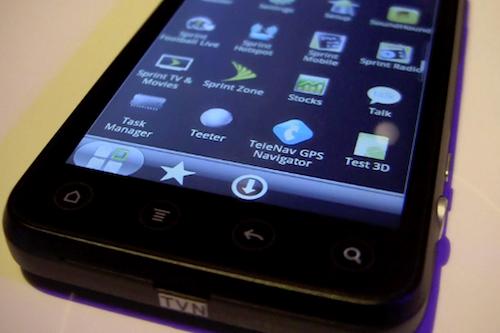
Preinstalled applications, also commonly known as "bloatware," is something that most smartphone owners have dealt with at one point or another in their mobile lives. Many carriers and manufacturers choose to load a handful (or sometimes more) of apps onto a device that they feel can help "enrich" the user experience, and while the user may indeed find some of those apps useful, often there's at least a few apps that aren't wanted.
What's worse is that much of the time, these apps can't be deleted, and so they end up taking valuable storage space away from the user. Android recently gained the ability to disable apps, but that still leaves the app in the phone's memory. There's some good news for the anti-bloatware crowd today, though, as the South Korean government has said that smartphone owners should be able to delete apps that come preinstalled on their devices.
The Korean Ministry of Science, ICT and Future Planning has announced some new rules that will allow smartphone users to rid themselves of some of the bloatware on their devices when the guidelines go into effect in April. Around 60 preinstalled apps from Korea's three major carriers are slated to be deemed as "deletable," though apps related to features like Wi-Fi and app stores won't be required to be user-removable. Many preinstalled apps from manufacturers like LG, Pantech and Samsung are also expected to become eligible for deletion. Interestingly, the Ministry is said to be in talks with Google about applying similar guidelines to El Goog's built-in Android apps.
In it announcement of the new rules, the MSIP described the act of preinstalling apps on a phone as an "inconvenience to smartphone users" and said that they "inhibit fair competition," two statements that I'm sure many smartphone users would agree with. Preinstalled apps can be even more of a pain on devices without expandable storage because the user can't add a microSD card to make up for the space being occupied by the apps. Whether or not guidelines like the ones announced for South Korea ever make their way to the U.S. is a mystery, but for now Android folks will have to adopt the "out of sight, out of mind" mentality and keep disabling their unwanted apps.
Via Engadget, Yonhap News Agency, MSIP